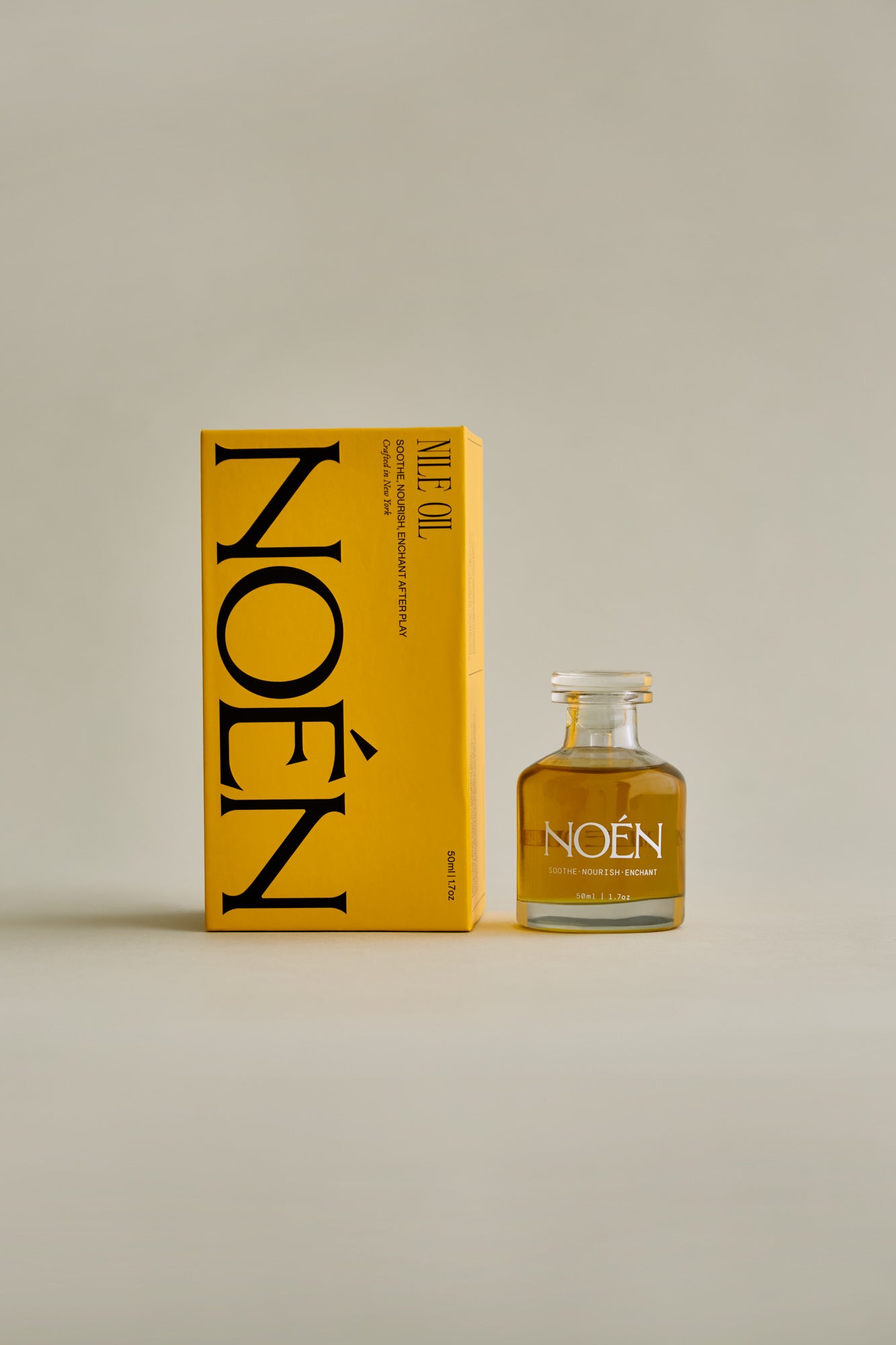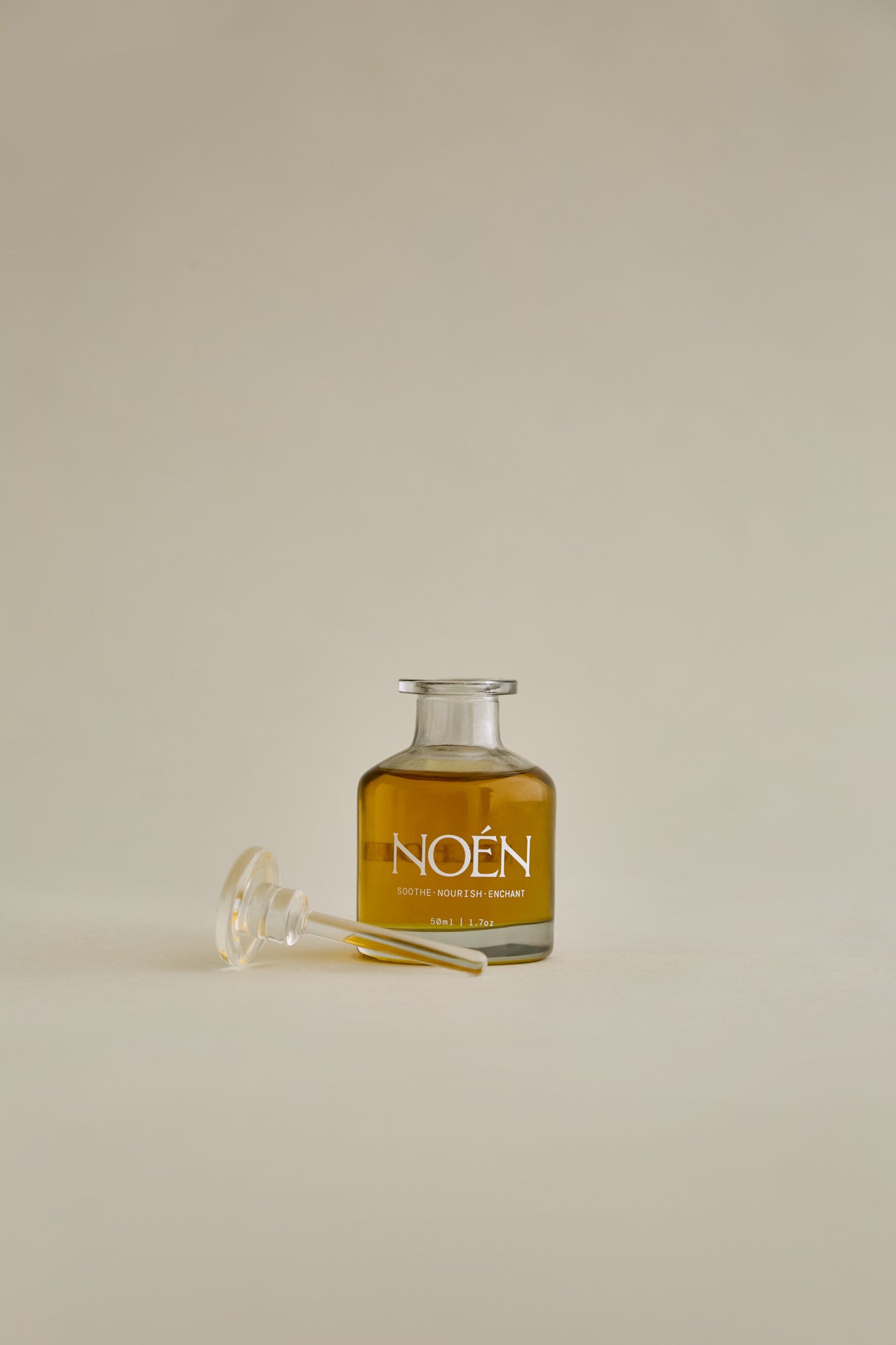This understanding was great for helping people overcome sexual problems in their physical body, but wasn’t so helpful for people who lacked the desire to have sex in the first place. By the 1990’s, low desire had become the most common reason people sought sex therapy, and they rightfully demanded answers not only for what happens once arousal is achieved, but also for what leads to arousal in the first place.
You might have guessed already, but the missing phase to engage the sexual response cycle was: desire.
Sex is something many of us deeply want. And when we don’t want it, there’s immense pressure socially and from our partners to want it. I don’t know about you, but personally, the best way to get me to not want something is pressuring me to want it.
First of all, let’s stop calling our desire for sex a “sex drive.” I think that reframe is a good place to start. Humans experience a drive for food when we are hungry, or water when we are thirsty. A drive is the alarm our bodies set off to fix a problem that will kill us without fixing. As much as it may feel like it sometimes, a lack of sex won’t kill us. That doesn’t make it unimportant, it just makes it more nuanced.
Let’s examine what’s going on when we want to want it, but just don’t want it. What is going on and what do we even do?
In the beginning of our relationships it is normal to experience something called “Spontaneous Desire” because our hormones are running the show.
If you’ve ever been in the middle of an extremely unsexy activity, for me that would be a mundane life responsibility, like doing my taxes, and spontaneously felt as if you would like to have some sex: that is Spontaneous Desire.
I’ve never once felt horny doing my taxes– and you should see how hot my accountant is. In other words, it is desire that happens out of nowhere spontaneously! Or you get horny without any sexual stimulus.
For some people, this is how they experience desire even outside that dopamine fueled early phase of falling in love– for others… not so much.
Cultural portrayals of desire almost exclusively depict the experience of it as instant and insatiable, making it seem like Spontaneous Desire is the normal or predominant way desire functions – but that just isn’t true. The other normal, healthy, and hot way to experience desire is called “Responsive Desire.” Responsive Desire is, frankly, responsive! Meaning, unlike Spontaneous Desire, it isn’t just going to happen out of the blue. It isn’t any better or worse. It’s just different.
Responsive Desire is context specific.
For example, you had a lovely day and are not feeling bombarded with the stressors of late stage capitalism. You are on a fantastic date with your incredibly hot partner. You sit amongst the low lights of a beautiful restaurant and they give you “that look.” Their stare says to your brain “so this is about to go down, how do you feel about that?” Your brain says “their desire feels good.” Their gaze intensifies as they gently scrape an oyster into their mouth, indicating to your brain, “I think they are about to baby bird you that oyster, how are we feeling about things now?” You are surprised because your brain says, “You know, normally I wouldn’t anticipate being into that, but their desire feels raw, and hot, and REALLY good.” They place their hand on the back of your neck, pulling their lips to yours, and the oyster slides into your mouth onto your tongue. Your brain says, “This is absolutely the only way we are consuming oysters from now on.” You go to the bathroom of the restaurant and blow each other’s minds.
So often, all the contextual elements of sexual desire can be in place, but our central nervous system is too bombarded by a gamut of stressors – work, body image, the voice of our mean Aunt telling us our inherent value is dependent on our sexual purity, exhaustion, the overwhelm of the multitudes of hats we need to wear in life, anxiety about sexual performance, anxiety about sexual mishaps like unwanted pregnancies or STIs – to be able to connect to even the hottest of contextual elements.
If we want to expand our relationship to our desire, we have to explore the contexts that facilitate pleasure. What energies, partner traits, settings, relationship designs ignite us? How can we find adventure and playfulness in our exploration of our sexual psyches? And how can we hold ourselves compassionately when life’s circumstances don’t allow us to create contexts that facilitate pleasure?
Remember, if you desire your desire, you're already halfway there. Recognize that what you seek isn't missing; it's waiting to be nurtured and explored.







